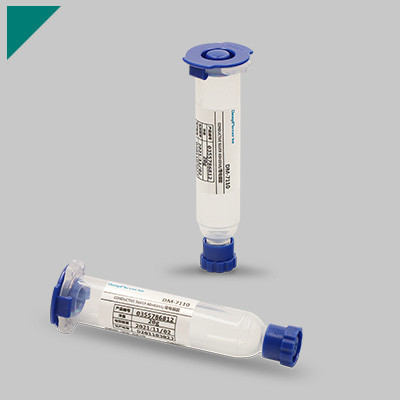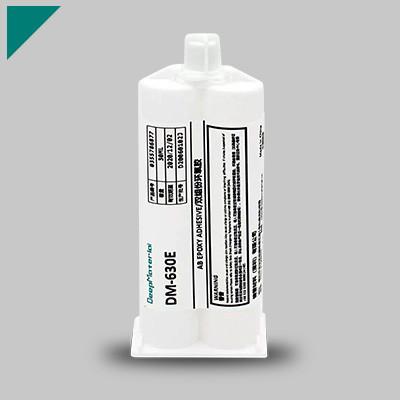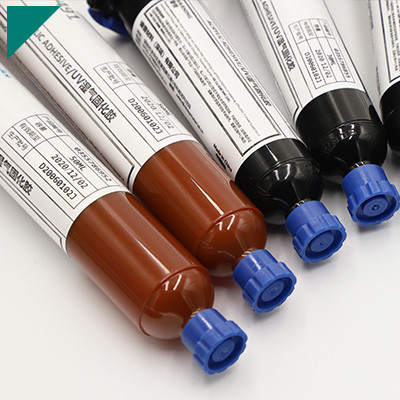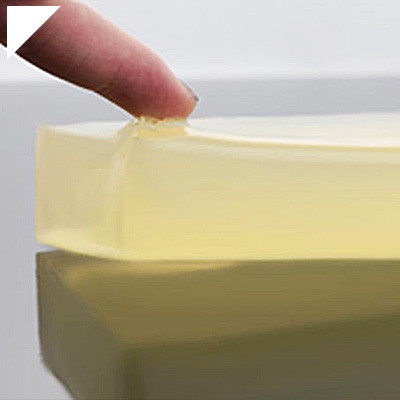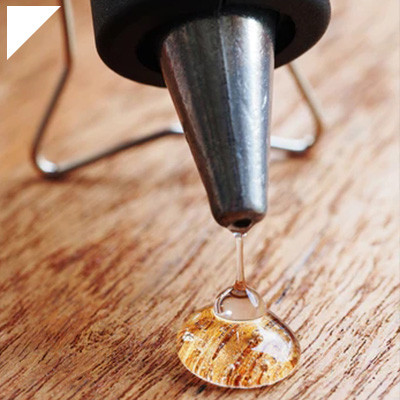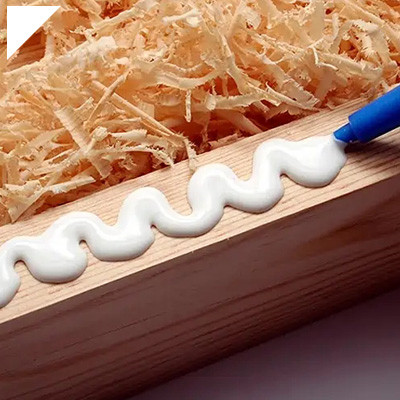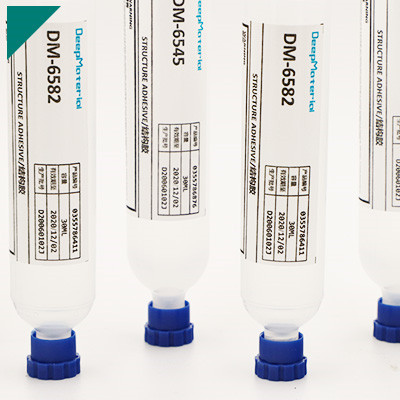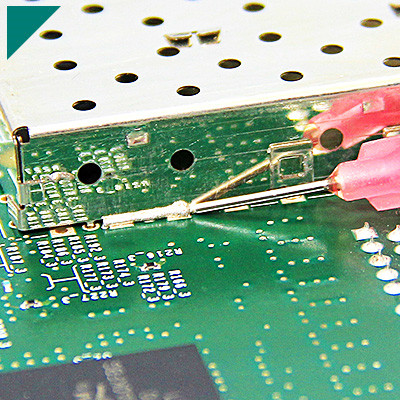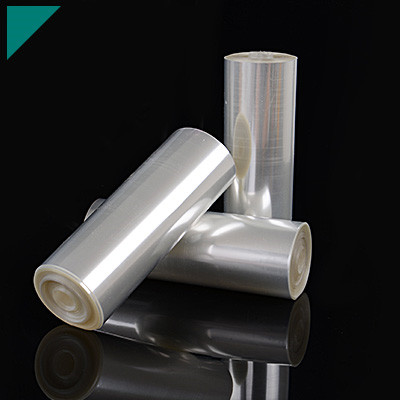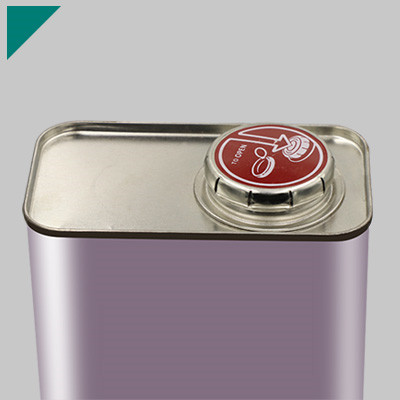Potting Compound For PCB Boards

In the realm of electronic devices, ensuring durability and reliability is paramount. As electronic components become increasingly intricate and delicate, protecting them from environmental factors such as moisture, dust, vibration, and thermal stress becomes imperative. Potting compounds is one of the most effective ways to safeguard electronic components. These specialized materials provide encapsulation and insulation, shielding delicate electronics from external elements while enhancing their performance and longevity.
Understanding Potting Compound: What is it?
A potting compound, potting resin, or encapsulant encapsulates electronic components within a protective shell. Typically, potting compounds are formulated from epoxy, silicone, polyurethane, or acrylic resins. These materials are chosen for their ability to resist moisture, chemicals, temperature fluctuations, and mechanical stress, thereby shielding electronic assemblies from potential damage.
Benefits of Potting Compound for Electronics
- Environmental Protection: Potting compounds create a barrier that protects electronic components from moisture, dust, and other contaminants. This is particularly crucial for devices operating in harsh environments such as automotive, aerospace, or industrial settings, where exposure to moisture and chemicals can compromise the functionality of electronic circuits.
- Enhanced Mechanical Stability: Potting compounds provide mechanical support and prevent vibration-induced damage by encapsulating delicate components. This is essential for devices subjected to constant movement or mechanical stress, ensuring their longevity and reliability in demanding applications.
- Improved Thermal Management: Many potting compounds exhibit excellent thermal conductivity, more efficiently dissipating heat generated by electronic components. This helps maintain optimal operating temperatures, prevent overheating, and prolong the lifespan of electronic devices.
- Electrical Insulation: Potting compounds act as excellent insulators, preventing short circuits and electrical failures caused by exposure to moisture or conductive contaminants. This insulation is crucial for safeguarding sensitive electronic circuits and ensuring their uninterrupted functionality.
Choosing the Right Potting Compound
Selecting the appropriate potting compound is crucial to ensure optimal performance and reliability of electronic assemblies. Several factors need to be considered when choosing a potting material, including:
- Operating Environment: Assessing the environmental conditions in which the electronic device will operate is essential. Factors such as temperature fluctuations, exposure to chemicals, and mechanical stress will influence the choice of potting compound.
- Compatibility: Ensure compatibility between the potting compound and the materials used in the electronic assembly. Certain potting materials may interact adversely with specific substrates or components, leading to performance issues or material degradation over time.
- Application Method: Consider the desired application method, whether manual potting, automated dispensing, or vacuum impregnation. Choose a potting material compatible with the chosen application method to ensure uniform encapsulation and reliable performance.
- Performance Requirements: Define the electronic device’s performance requirements, including thermal conductivity, dielectric strength, and mechanical stability. Select a potting compound that meets these specifications to guarantee optimal performance and reliability.
Conclusion
Potting compounds protect electronic components from environmental hazards and enhance their reliability and longevity. Potting compounds safeguard electronic assemblies from moisture, dust, vibration, and thermal stress by encapsulating delicate circuits within a protective shell. When selecting a potting material, it’s essential to consider factors such as operating environment, compatibility, application method, and performance requirements to ensure optimal performance and reliability of electronic devices. Investing in high-quality potting compounds is an investment in the durability and longevity of electronic assemblies, ultimately leading to improved product performance and customer satisfaction.
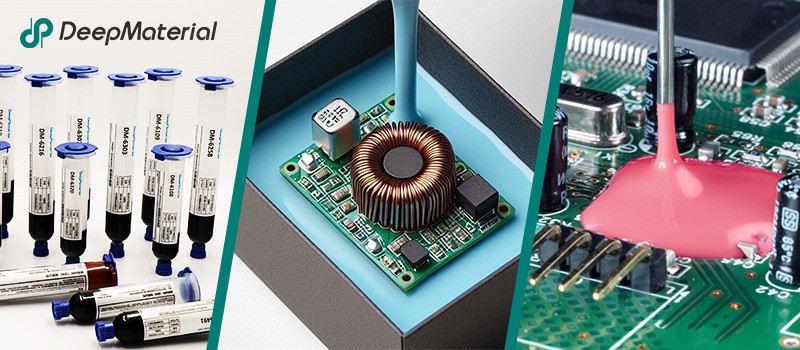
About DeepMaterial
DeepMaterial is a trusted supplier of encapsulant materials that are used in electronics manufacturing worldwide. From chip on board encapsulants such as glob top material to conformal coatings, underfills, low pressure molding, and potting solutions, DeepMaterial offers a full range of circuit board protection materials that effectively protect circuit boards while help reduce costs. More…Deepmaterial is a the manufacturer of epoxy adhesives including hardeners, metalbond, and metal filled resins. Structural, toughened medium viscosity, and non-sag adhesives are also offered. Some adhesives are resistant to thermal shock, chemical, vibration dampening, and impact. Suitable for metals, plastics, wood, and ceramics. Serves electronics, aerospace, automotive, tooling, marine, and construction industries. REACH and RoHS compliant. FDA approved. UL listed. Meets military specifications. We are the one of best adhesive manufacturers in China.
Blogs & News
Potting compounds are at the frontline of electronics assembly, delivering effective protection in challenging environmental conditions while improving mechanical strength and offering high electric insulation. Used within a variety of industries, electrical potting compounds are found within a broad range of consumer electronics, as well as used in applications across the automotive, aerospace, and other industries where electronic assemblies are prevalent.
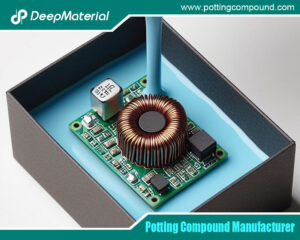
Potting Compound vs. Epoxy: A Comprehensive Comparison
Potting Compound vs. Epoxy: A Comprehensive Comparison In the world of electronics, manufacturing, and material encapsulation, two terms frequently come up: potting compounds and epoxy.
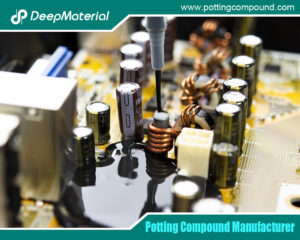
Potting Compound for PCB
Potting Compound for PCB A potting compound is a liquid or semi-liquid material that is poured or injected over a PCB or electronic assembly, then
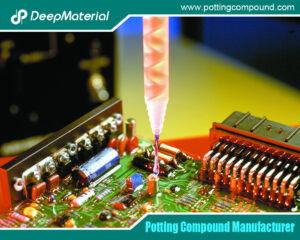
In – depth Analysis of the Curing Characteristics of Electronic Potting Compounds
In – depth Analysis of the Curing Characteristics of Electronic Potting Compounds Electronic potting compounds play a vital role in the electronics industry. They can
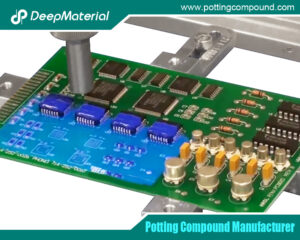
A Comprehensive Analysis of the Environmental Performance of Encapsulating Materials: From Regulations to Practices
A Comprehensive Analysis of the Environmental Performance of Encapsulating Materials: From Regulations to Practices In modern industrial manufacturing, encapsulating materials are widely used in numerous
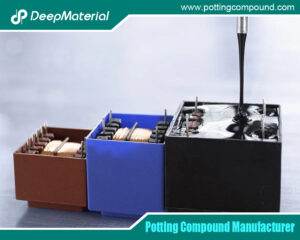
A Comprehensive Analysis of PCB Encapsulation Quality Inspection: Innovative Application of Non-Destructive Testing Technologies
A Comprehensive Analysis of PCB Encapsulation Quality Inspection: Innovative Application of Non-Destructive Testing Technologies In the field of electronic manufacturing, the encapsulation process of printed
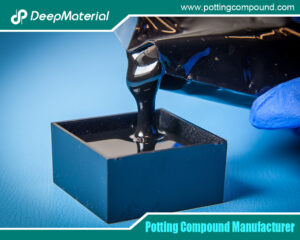
Analysis of the Improvement of the Seismic and Impact Resistance Performance of PCB by Encapsulation
Analysis of the Improvement of the Seismic and Impact Resistance Performance of PCB by Encapsulation During the operation of electronic devices, the PCB (Printed Circuit

